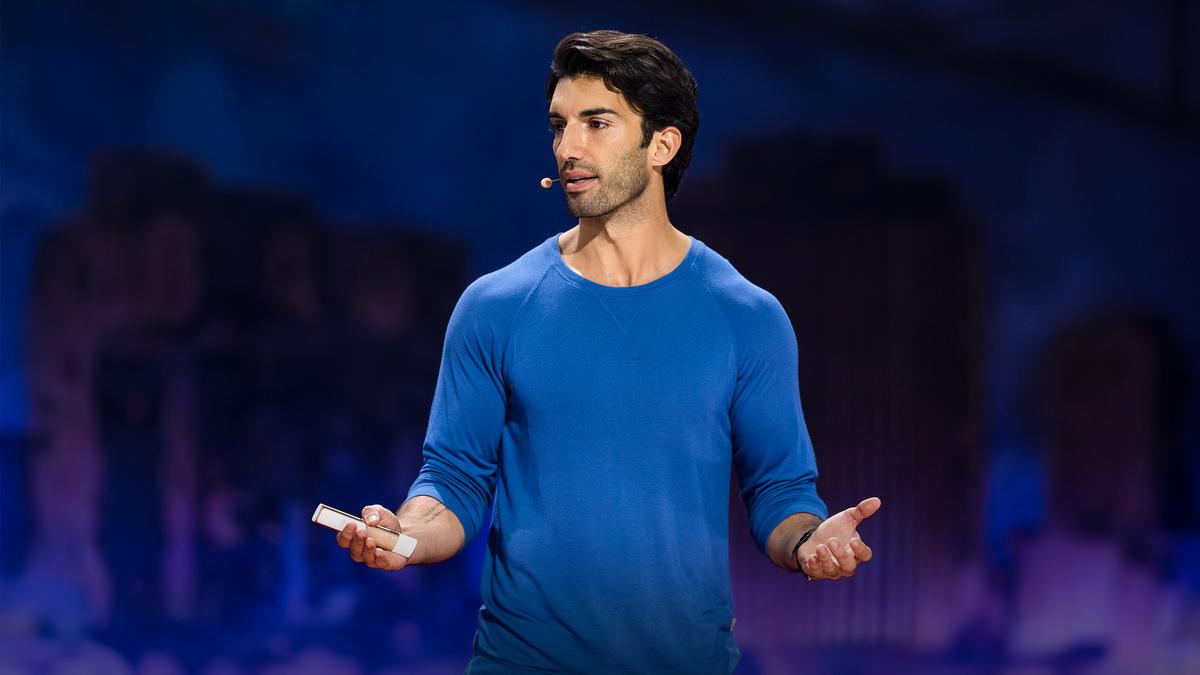
In an era where gender norms and expectations are being interrogated, the concept of “manhood” has come under increasing scrutiny. For centuries, men have been confined within a rigid framework of behaviors, attitudes, and appearance that has served to perpetuate a culture of toxic masculinity. This article will critically examine the complexities of questioning the traditional notion of masculinity, exploring the reasons why many men are choosing to reject the societal pressures that define their identities.
Traditional masculinity is often characterized by a focus on aggression, stoicism, and dominance. Men are expected to exhibit strength, control their emotions, and suppress vulnerability. This narrow view of masculinity can have detrimental effects on men’s mental and emotional well-being.
Studies have shown that adherence to traditional masculine norms is linked to higher rates of depression, anxiety, and substance abuse. It can also lead to relationship problems, work stress, and difficulty expressing emotions effectively.
In recent years, there has been a growing movement of men who are challenging the traditional definition of masculinity. These men are embracing a more fluid and expansive understanding of what it means to be a man.
Modern men are more willing to express their emotions, nurture relationships, and challenge gender stereotypes. They are also more likely to prioritize their mental and physical health and to seek fulfillment in a wider range of activities and pursuits.
The decision to reject traditional masculinity often involves a profound personal journey. Many men share stories of struggling with the expectations imposed on them and the toll it took on their lives.
“I spent years trying to be tough and unemotional, but it was a lie,” says John, a 35-year-old father. “When I finally allowed myself to be vulnerable, it was like a weight had been lifted off my shoulders.”
“I used to think that men had to be independent and successful,” adds Mark, a 40-year-old businessman. “But I realized that it’s okay to ask for help and to prioritize my family and personal life.”
Questioning traditional masculinity not only benefits individual men but also society as a whole. It creates a more inclusive and supportive environment for all genders.
When men are free to embrace their full range of emotions and behaviors, it reduces the stigma associated with mental health issues and promotes healthier relationships between men and women.
Moreover, a more diverse definition of masculinity can challenge gender-based violence and discrimination. When men are no longer pressured to conform to narrow stereotypes, it fosters respect and equality for all.
It is important to acknowledge that not all men embrace the rejection of traditional masculinity. Some argue that it undermines the essential qualities that make men unique and may lead to a loss of respect for men.
Others contend that questioning masculinity can be seen as a form of political correctness and may minimize the real challenges faced by men, such as economic inequality or violence against men.
The decision to question traditional masculinity is a complex and personal one that requires courage and self-reflection. While there may be valid concerns and criticisms, the benefits of rejecting toxic masculine norms far outweigh the risks.
By embracing a more inclusive and fluid understanding of masculinity, men can improve their own well-being, foster healthier relationships, and create a more equitable and just society for all.
As we continue to evolve our definitions of gender, it is crucial to recognize that masculinity is not a fixed or immutable concept but rather a spectrum that encompasses a wide range of experiences and perspectives. By challenging societal expectations and embracing a more expansive definition of manhood, we can create a more inclusive and fulfilling world for all.
